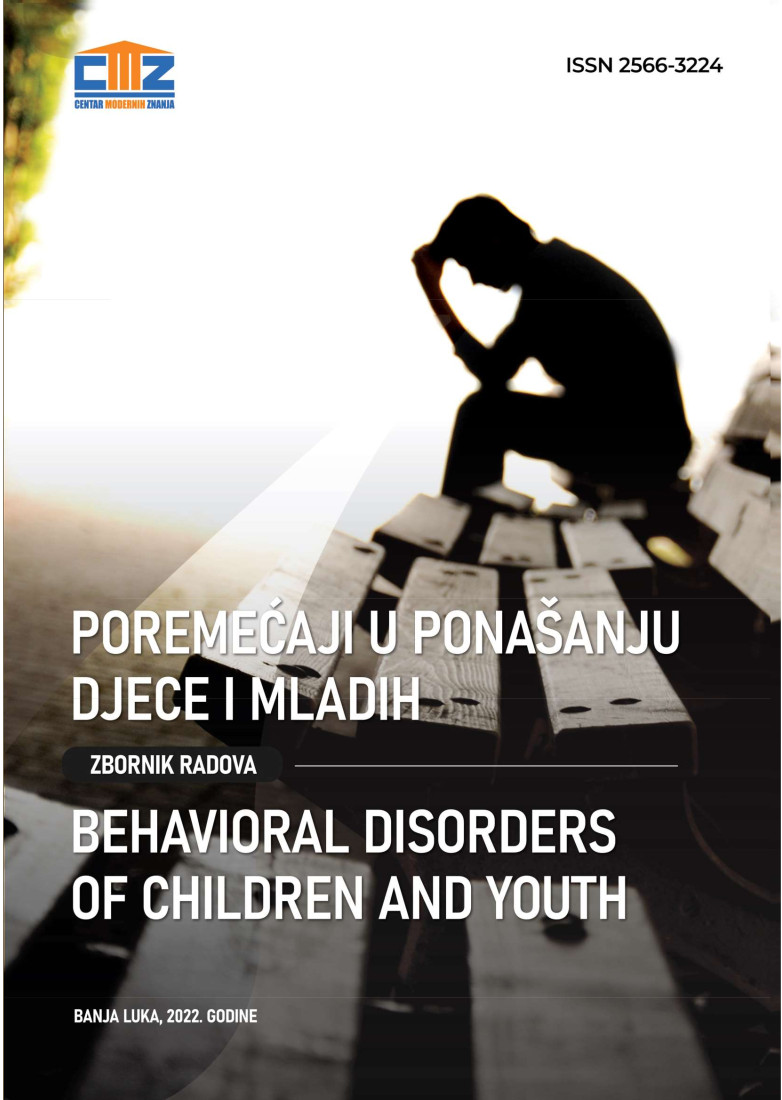PREVENCIJA UPOTREBE PSIHOAKTIVNIH SUPSTANCI UTEMELJENA NA DOKAZIMA
EVIDENCE-BASED PREVENTION OF THE USE OF PSYCHOACTIVE SUBSTANCES
Author(s): Amir Hasanović, Sanela PekićSubject(s): Sociology, Substance abuse and addiction, Social Norms / Social Control
Published by: CENTAR MODERNIH ZNANJA
Keywords: prevention; scientifically based practice; theory; standards;
Summary/Abstract: According to the World Health Organization, non-infectious diseases currently cause 60%of deaths worldwide. This was primarily contributed by socio-economic conditions and the choice of certain lifestyles that, among other things, include problems with the use of psychoactive substances. Until the 1980s, the concept of preventing the use of substances was mainly based on intimidation methods related to deep moral messages and a strong focus on abstinence. The prevention practices at the time still dominant in Bosnia and Herzegovina were primarily based on tradition, intuition or individual observations. Modern, scientifically based practice of substance use prevention relies on data collected in the framework of experimental research and takes into account the characteristics of individual clients and the expertise of practitioners. It also has a strong foothold in etiological theory (the causes of the use of psychoactive substances), human development theory and human behavior theory. It’s imperative is a continuous evaluation assessing the short and long-term desired outcomes of preventive interventions, as well as factors related to these outcomes. Evidence-based preventive practices allow positive intervention in different environments -family, school, workplace, community, wider environment and media, in order to strengthen a sense of security and support, and reduce the consequences of negative interaction between the environment and the individual. Effective preventive interventions and policies also bind to international standards. Here is primarily thought of International Standards for the Prevention of Drug Abuse (UN Office for Drugs and Crime), and European Standards for Quality Prevention of Drug Abuse (European Centre for Monitoring Drugs and Drug Addiction). Evidence-based prevention requires an expert and quality approach. Therefore, key people in the field of prevention should acquire a wide range of knowledge from different scientific fields, including epidemiology and psychology. When continuous quality is ensured, modern prevention will contribute significantly to the healthy and safe development of children and young people with their actions.
Journal: DRUŠTVENE DEVIJACIJE
- Issue Year: VII/2022
- Issue No: 7
- Page Range: 172-183
- Page Count: 12
- Language: Bosnian, Croatian, Serbian

